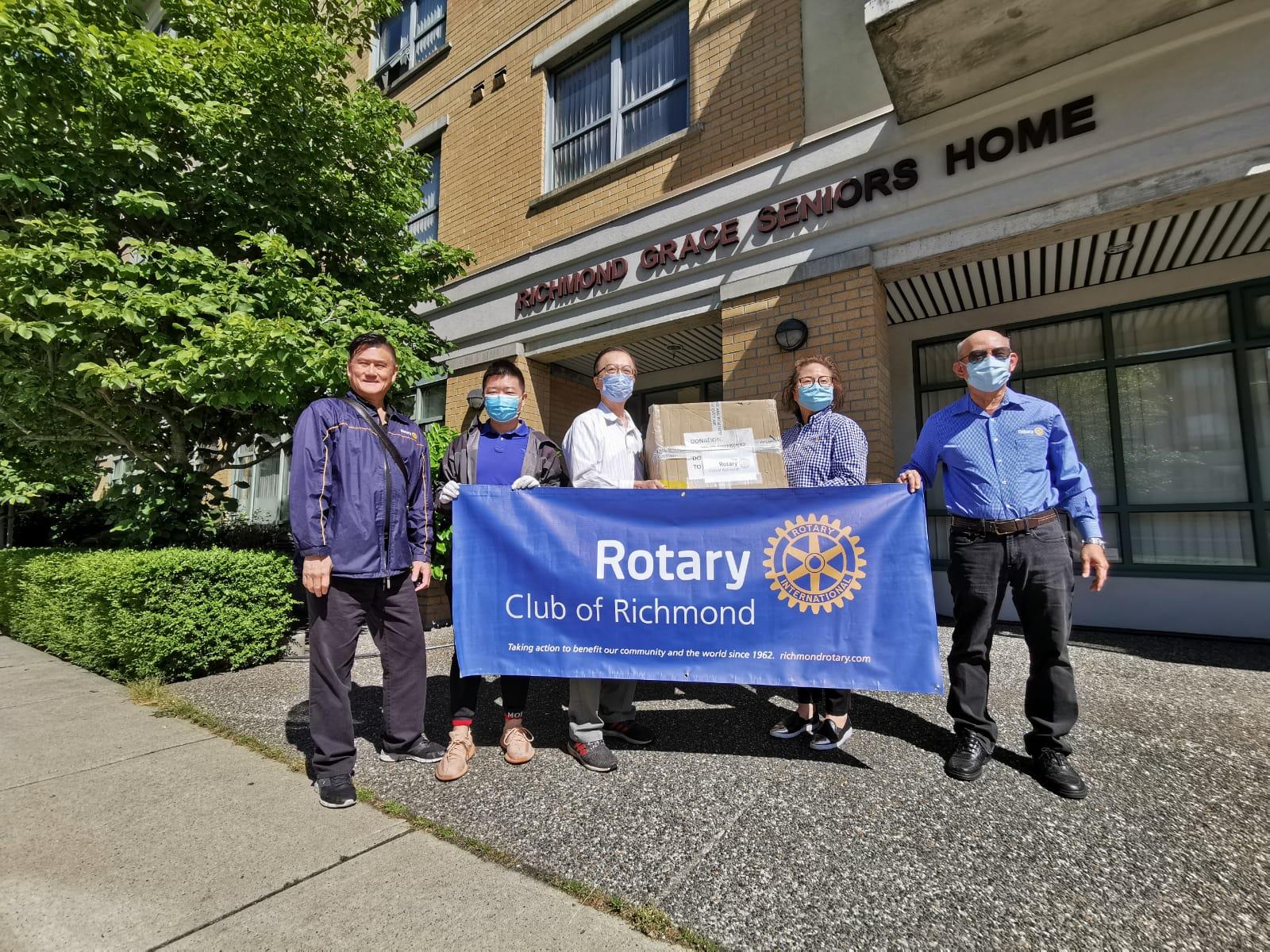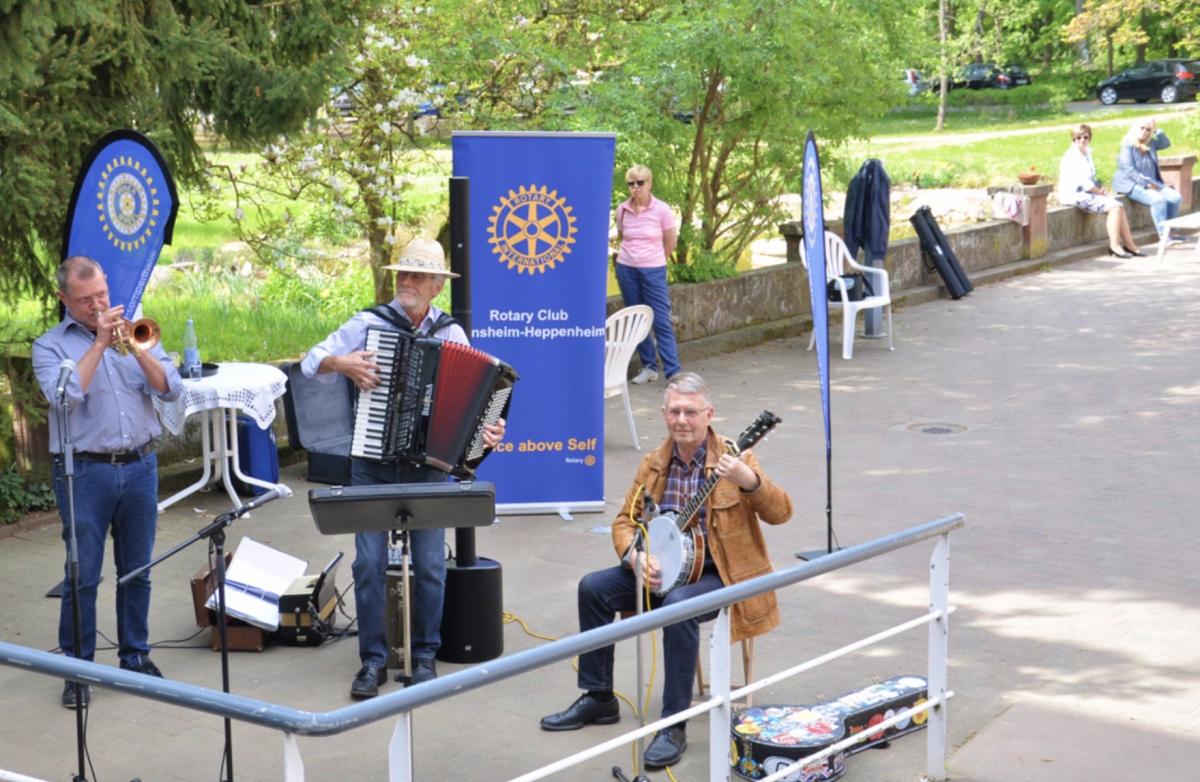Doing good doesn’t only benefit other people. It helps us, too. Facing the COVID-19 pandemic, people everywhere are feeling anxious about their health, their families, their jobs, and their futures.
“There has been a lot of research that when we are helping others, or when we are doing something for someone else, our reward centers light up in the brain and our stress levels go down as cortisol is released.” says psychologist Mary Berge, a member of the Rotary Club of Johnstown, Pennsylvania, who has led discussions with many Rotary clubs about coping during the pandemic.
“If we engage in a regular daily practice of kindness and gratitude, we are essentially carving out pathways within our brain that make us healthier and a little more emotionally stable.” Says social worker, child advocate, and trauma specialist Jenny Stotts, a member of the Rotary Club of Athens Sunrise, Ohio.
Rotary members may not realize the significant role they can play in changing how people think, Stotts says. “When we, as leaders in our community, adapt a way of thinking — that level of intentional gratitude and intentional kindness — we have a way of setting a really good example,” she says. “I think it is a calming and stabilizing force. We can set that tone for our entire club and for our communities.”
Read article in rotary.org
 |
| The Rotary Club of Richmond donated masks to Senior Home and other organizations |
 |
| Member of Rotary Club of Bensheim-Heppenheim, Germany, and colleagues perform for seniors outside a senior living center |